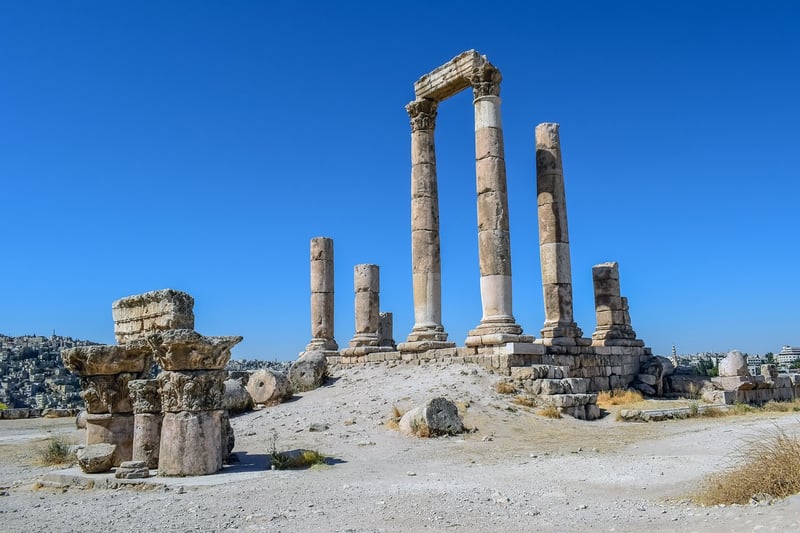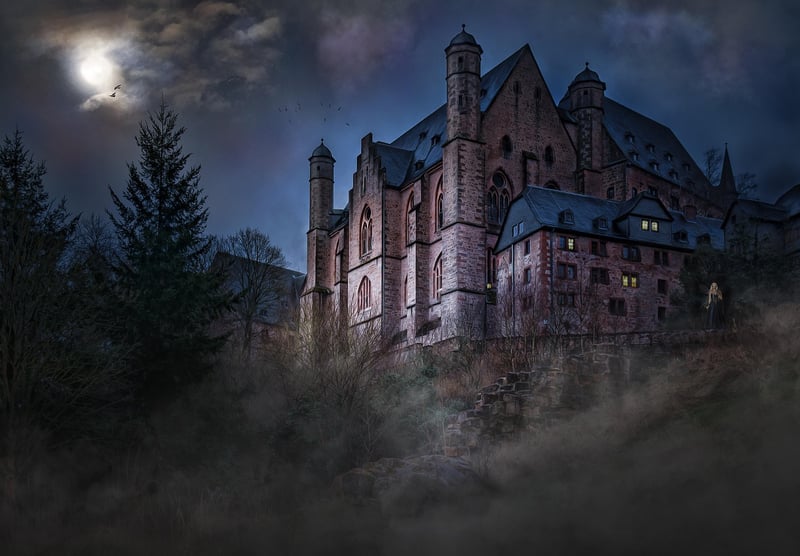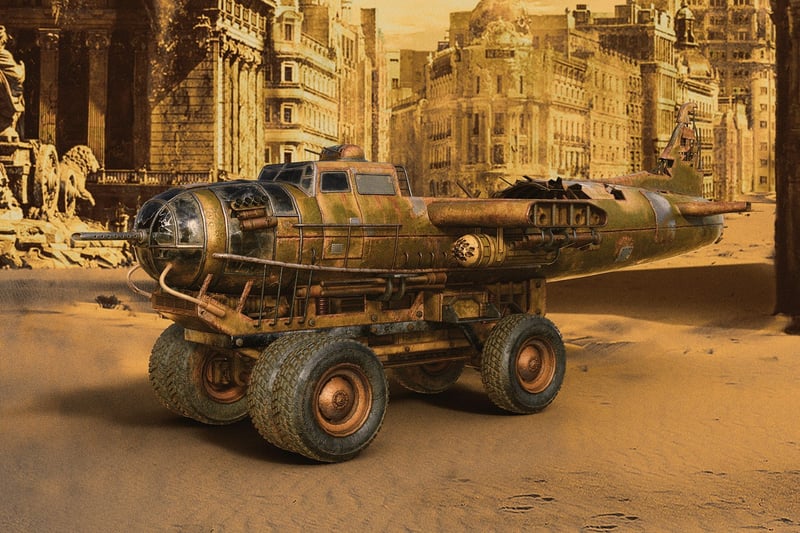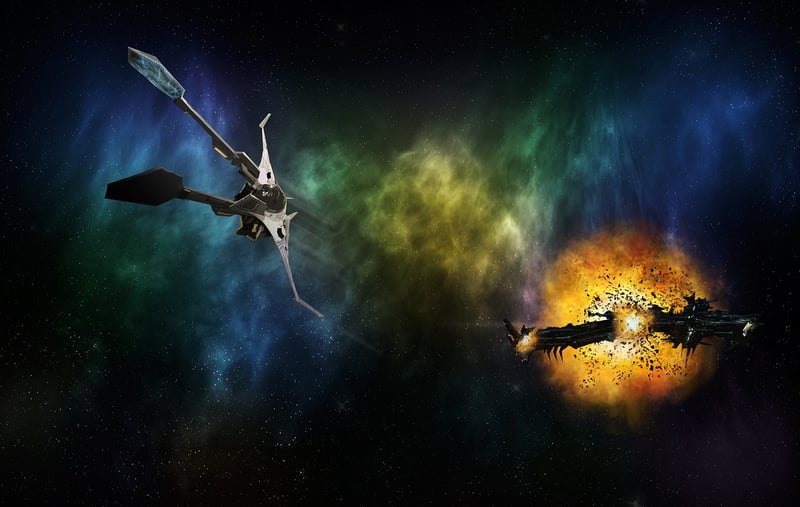Future Dystopia
Exploring Different Eras and a Future Dystopia
Throughout history, humanity has witnessed various eras that have shaped the world we live in today. From ancient civilizations to modern times, each era has its unique characteristics and contributions. Let's take a journey through time to explore these different periods and then dare to imagine a future dystopia.
Ancient Civilizations
Ancient civilizations such as the Egyptian, Greek, Roman, and Mesopotamian cultures laid the foundation for many aspects of our society. They developed advanced systems of writing, architecture, and governance that continue to influence us today.

The Middle Ages
The Middle Ages, also known as the medieval period, saw the rise of feudalism, chivalry, and the development of Gothic architecture. It was a time of great change and innovation, with significant advancements in science, art, and philosophy.

The Renaissance
The Renaissance was a period of rebirth and cultural revival in Europe, marked by a renewed interest in art, science, and exploration. Visionaries like Leonardo da Vinci and Michelangelo made groundbreaking discoveries and created timeless masterpieces.

Modern Era
The modern era brought about industrialization, globalization, and technological advancements that have transformed the world into a global village. From the invention of the internet to space exploration, the modern era continues to redefine how we live and interact.

Future Dystopia
As we look to the future, there is a growing concern about the possibility of a dystopian society. Imagined in literature and movies, a dystopia is a fictional world characterized by oppression, suffering, and dehumanization. Issues such as climate change, overpopulation, and technological surveillance raise questions about the potential for a dystopian future.

Exploring different eras helps us understand how far we have come and where we might be heading. By learning from the past and reflecting on the present, we can strive to create a better future for generations to come.
